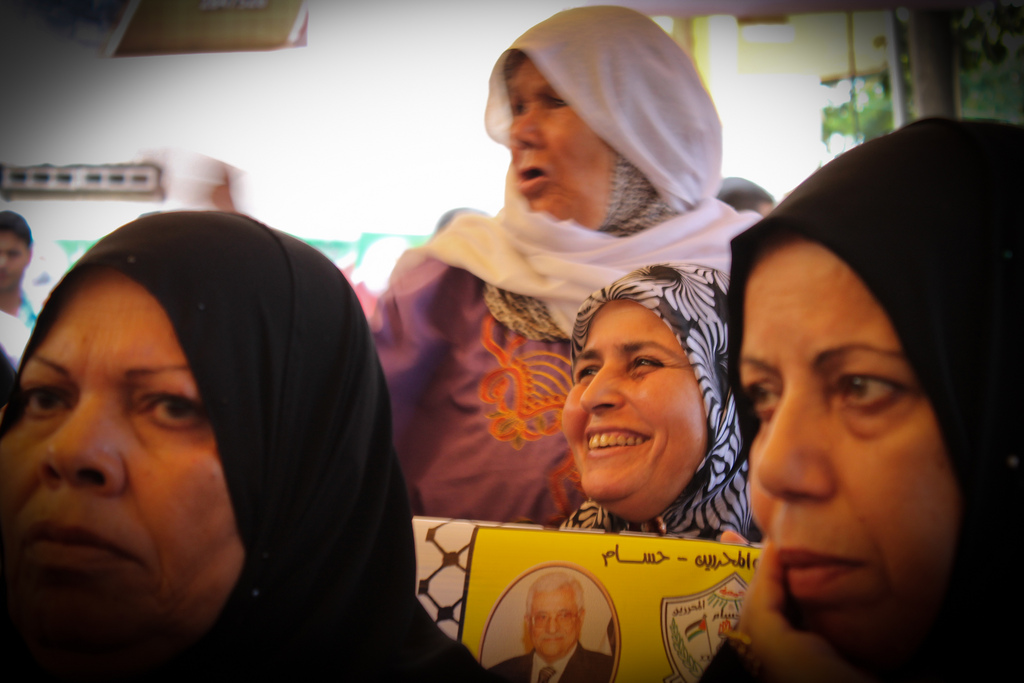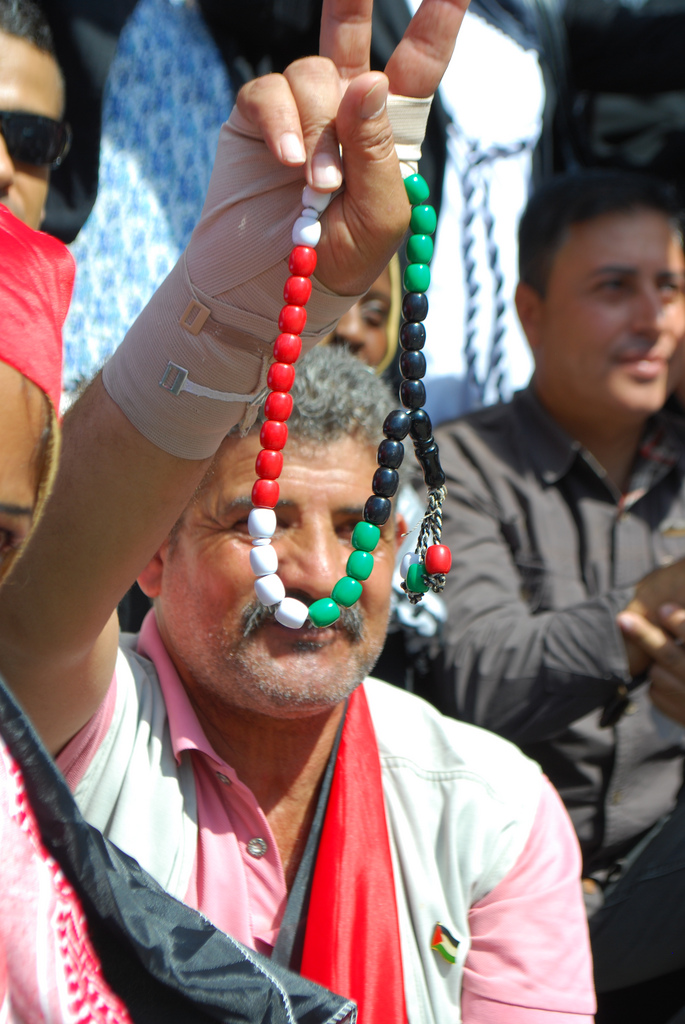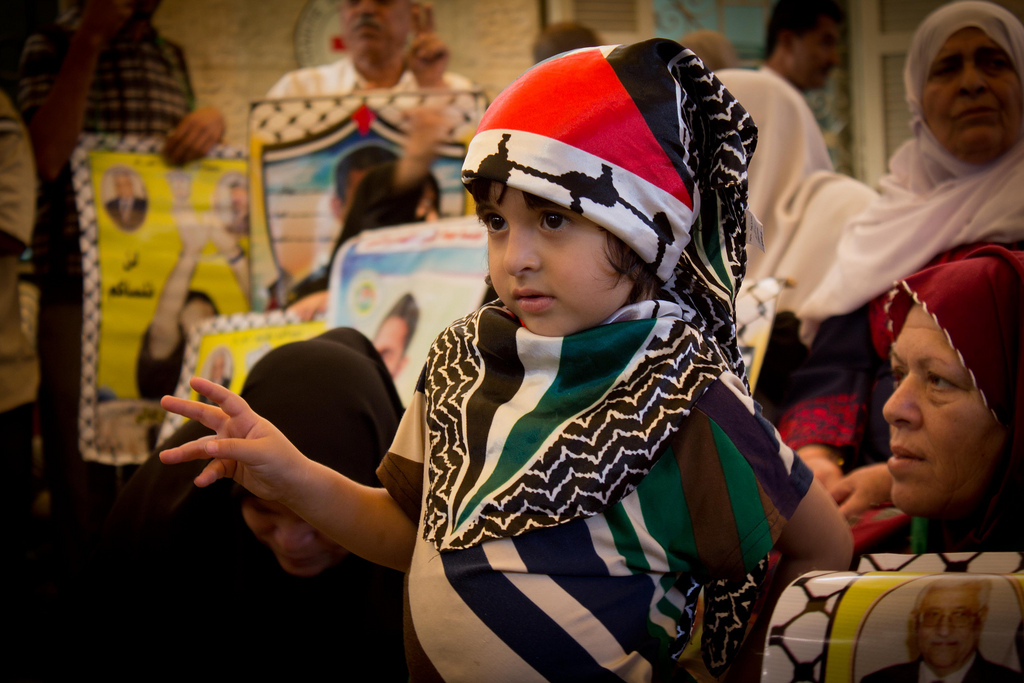Tag: Prisoner
-
Refusing to forget Palestinian political prisoners in Gaza
11th October 2013 | International Solidarity Movement, Charlie Andreasson | Gaza, Occupied Palestine Every Monday here in central Gaza City a demonstration is held, and has been since 1994 or 1995. It was the first time I attended, though I’d probably call it a meeting more than a demonstration. Around 200 people had gathered in a…
-
Photos: Activists in Gaza form human chain for Palestinian detainees
5th October 2013 | International Solidarity Movement, Gaza Team | Gaza, Occupied Palestine On Thursday afternoon, Activists for Prisoners organized a human chain outside the International Committee of the Red Cross’ Gaza City office to support Palestinians detained by Israel.
-
Photos: Detainees’ families and supporters hold weekly vigil in Gaza Red Cross
2nd October 2013 | International Solidarity Movement, Gaza Team | Gaza, Occupied Palestine On Monday morning, hundreds held a weekly sit-in in the International Committee of the Red Cross’ Gaza City office to support Palestinians detained by Israel. The regular gathering, which began in 1995 and has continued for nearly two decades, brings together families…



